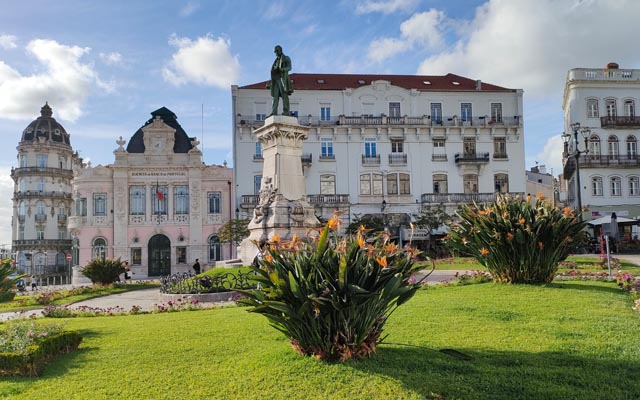Portugal has seen strong post-lockdown growth in tourist arrivals, including from Australia and Asia in 2022 through February this year, and expects to match 2019 numbers.
Sharing insights on travel trends and Turismo de Portugal’s tourism strategy with TTG Asia, its president Luis Araujo said: “We are striving to achieve growth in value through longer stays and higher receipts per capita. We also want to reduce seasonality and spread tourism to all areas of the country, promote sustainable development, diversify source markets and target new segments.”

In general, after the pandemic there has been a higher demand from FITs. Many smaller groups of families and friends are returning to Portugal, as well as solo travellers and digital nomads.
Araujo added: “Portugal offers a perfect blend of luxury, history, nature with a refined taste, which is very appealing to tourists, as travel patterns have changed post-Covid. Visitors prefer longer stays and more meaningful experiences.”
Australia, China, India, South Korea and Japan formed the top five inbound Asia-Pacific sources in 2022. They are the main target markets this year. South-east Asia also looks promising – namely Singapore, Malaysia, Thailand, Vietnam, Indonesia and the Philippines.
While group travel is still the norm from China, Indian visitors comprise leisure-tour groups and independent travellers, with a trend towards family holidays, special celebrations and destination weddings.
Previously, tourists from Japan and South Korea were mainly seniors travelling in groups. This trend has changed – groups are smaller and there is an increase in FITs and groups of families and friends.
Travellers from Japan and South Korea appreciate heritage and villages, with interest in wine tourism and gastronomy on the rise. An added attraction for South Korean tourists is religion, especially for Catholics visiting Fátima.
“Visas are a relevant issue in Asian markets, and we are doing our best to return to normality, despite some limited resources,” said Araujo. “Also, the performance would benefit if there were more direct flights and lower ticket prices to Portugal.”
The only direct flights to Lisbon are from China, but India has good air connectivity via the Middle East. Travel intermediaries commented that other constraints are language – unless visitors speak English – and Portugal not being top-of-mind among Asian travel agents and consumers.
Recognising the low destination awareness, the tourism board is hosting fam trips from Asia in partnership with airlines, and participating in trade shows, road shows, workshops, webinars, training sessions and joint marketing campaigns with airlines, tour operators and OTAs.




















